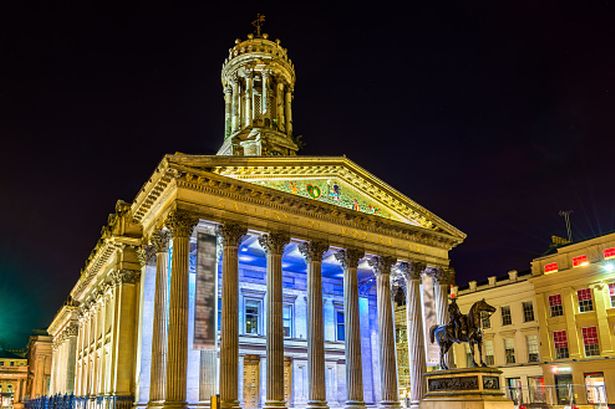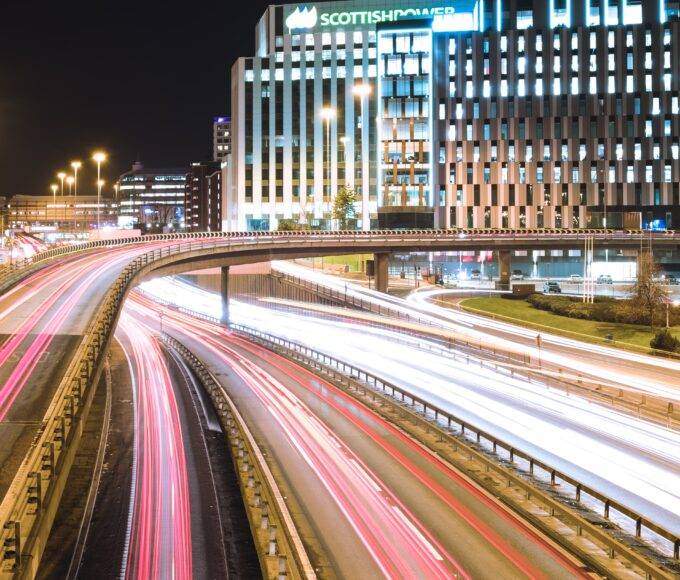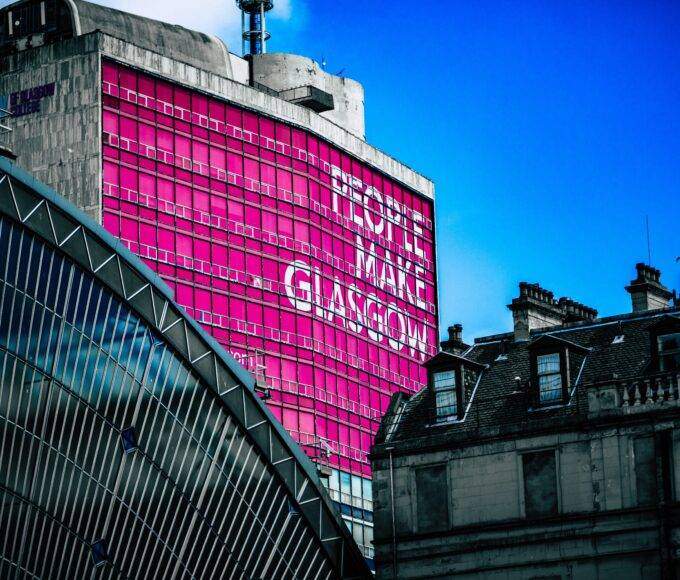Glasgow City Council today (21 October) outlined its draft Green Deal roadmap for the city, a nine-year mission to transform the city’s economy to tackle the climate emergency.
The Glasgow Green Deal will increase the pace, scale, and impacts of efforts to decarbonise and build resilience to climate change, in a way which creates jobs, prosperity and high-quality places, and tackles poverty. It should be understood that this Deal is not a new plan or strategy, but a delivery mechanism to bridge the gap between the city’s existing ambition – as set out in the Climate Plan and Regional Economic Strategy – and implementation.
The three interlinked objectives of the proposed Glasgow Green Deal are as follows:
1) Reducing emissions and climate risk
2) Creating sustainable jobs and quality places
3) Eliminating poverty and deliver justice through inclusion and equality
To deliver these objectives, the council is proposing that the Glasgow Green Deal will have eight areas of focus – areas where the public sector, businesses and communities are already taking action, but where the council will increase its support to other actors, innovate or intervene directly to resolve key issues and barriers to scaling and accelerating progress and realising the associated benefits.
These areas are: maximising energy efficiency; increasing the deployment of renewables; providing clean, safe and connected mobility; ensuring competitive industry and a circular economy; infrastructure and connectivity; the conservation, restoration and valuing of nature; tackling residual emissions; and adaptation and resilience.
Delivering the Glasgow Green Deal will require Glasgow to make the jump from incremental to transformational change. Programmes and initiatives in the focus areas above will need to engineer in the three linked objectives into the design and delivery of programme and initiatives in the focus areas outlined above. To facilitate this, the council has identified an enabling framework of eight levers of change: co-design, participation and inclusion; education, skills, training and capacity building; research, innovation and market-making; funding and finance; institutional and civic redesign; policy, powers and regulation; monitoring, evaluation, reflection and learning; and art, culture and media.
The draft Glasgow Green Deal document – which is available at https://www.glasgow.gov.uk/councillorsandcommittees/viewDoc.asp?c=P62AFQDNZLDNNTDNDN – approved today is the council’s initial roadmap for the mission and how it will be delivered, as well as call for ideas and participation from a wide audience of citizens and communities, small and large businesses, and the public sector, and Governments.
There will be public consultation on the Glasgow Green Deal, beginning in in the coming weeks. Given the scale of the initiative, as many citizens, businesses and organisations as possible will be asked and supported to participate. The consultation will garner views on how to maximise the effectiveness of the Glasgow Green Deal, generating the biggest economic and social benefits from addressing the climate crisis; hear ideas from our citizens, communities and businesses; and inspire communities, businesses at all levels of engagement to get involved in the mission for equitable, climate neutral, climate resilient living for all by 2030.
The council is also seeking views on establishing a Green Deal unit to guide the mission, working with businesses, communities and governments at local, regional and national levels to scale up and accelerate the Green Deal across the city. The core activities of the proposed unit would focus on co-designing the future Glaswegians want; innovation, market-making and skills; and financing the Glasgow Green Deal.
Alongside ensuring the city plays is part in the global fight against climate change, investment of a size considered through the Glasgow Green Deal will create many local benefits – it is projected to create over 14,500 extra jobs, as well as increasing inward investment, improving business competitiveness, ensuring a more fair and equal economy, improving the performance and reliability of the city’s infrastructure, and supporting regeneration.
Councillor Susan Aitken, Leader of Glasgow City Council, said: “The Glasgow Green Deal is a mechanism that will not only create thousands of new jobs in the city and improve our economic competitiveness, but also deliver a fairer and more equal economy where everyone benefits. The Deal will benefit individual Glaswegians, our communities and businesses as we move towards the Net-Zero future that we have to reach to tackle the climate emergency.”












